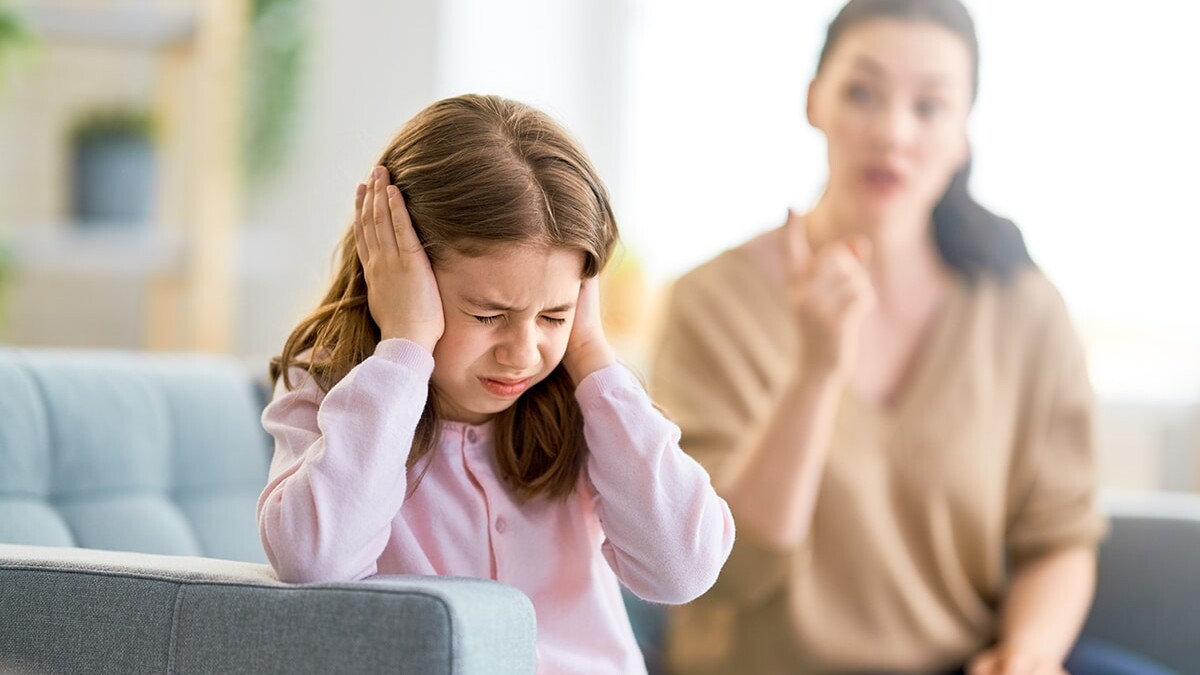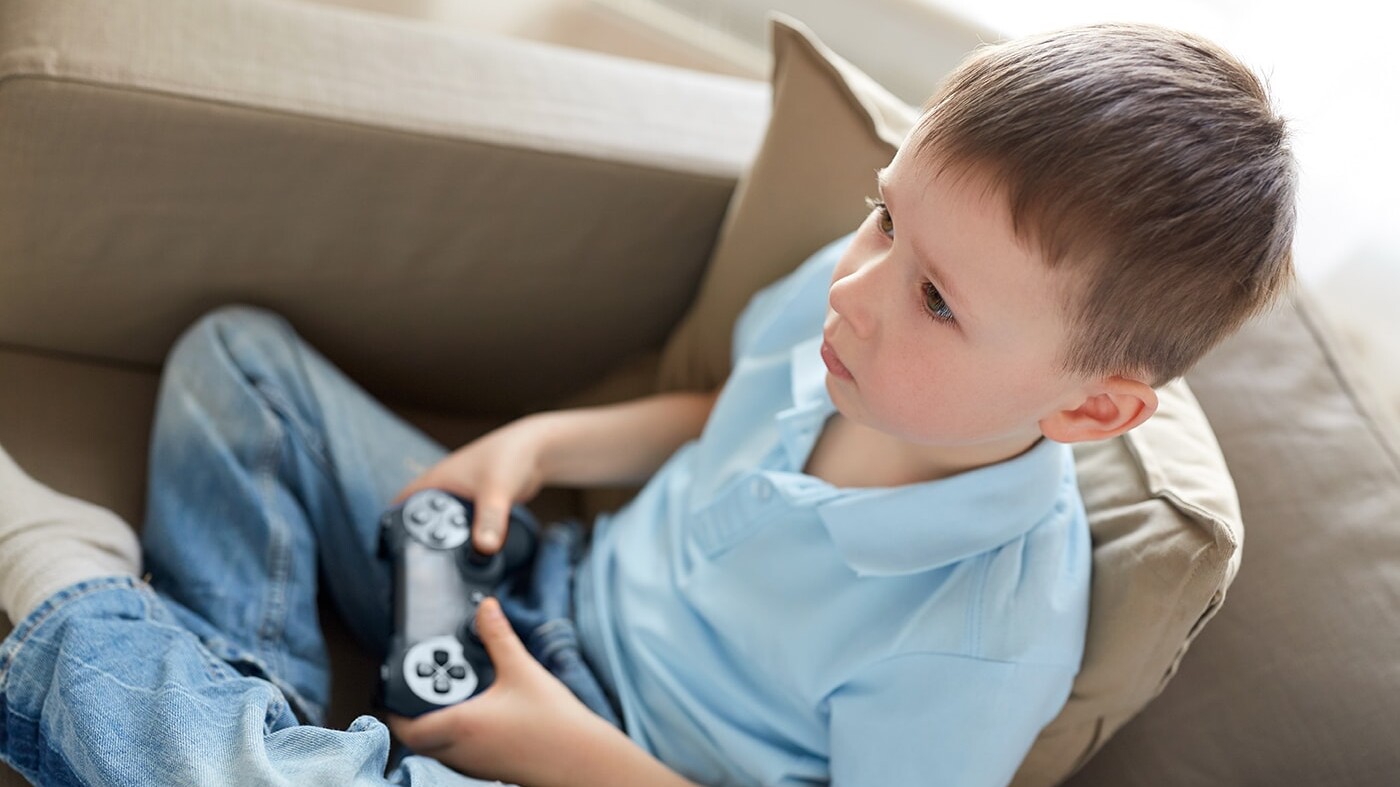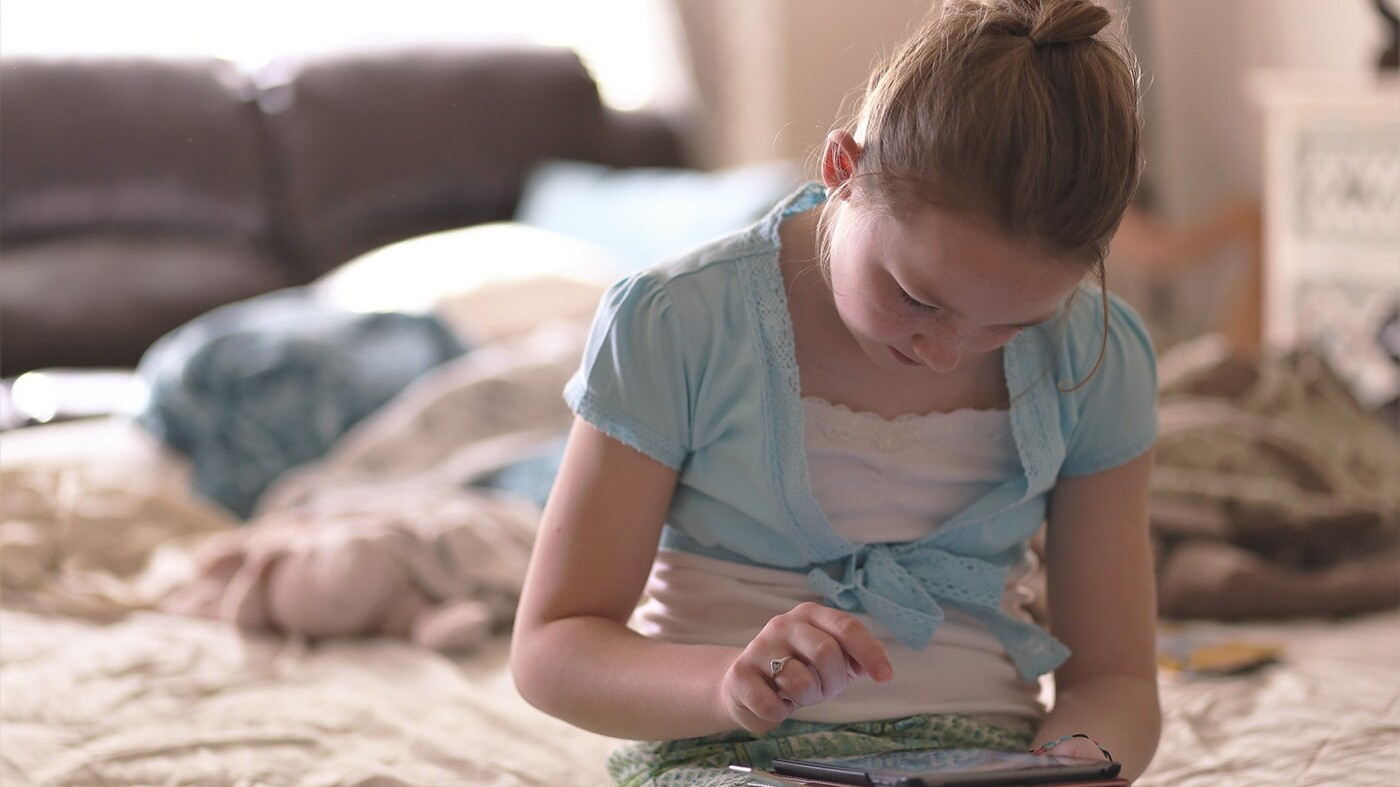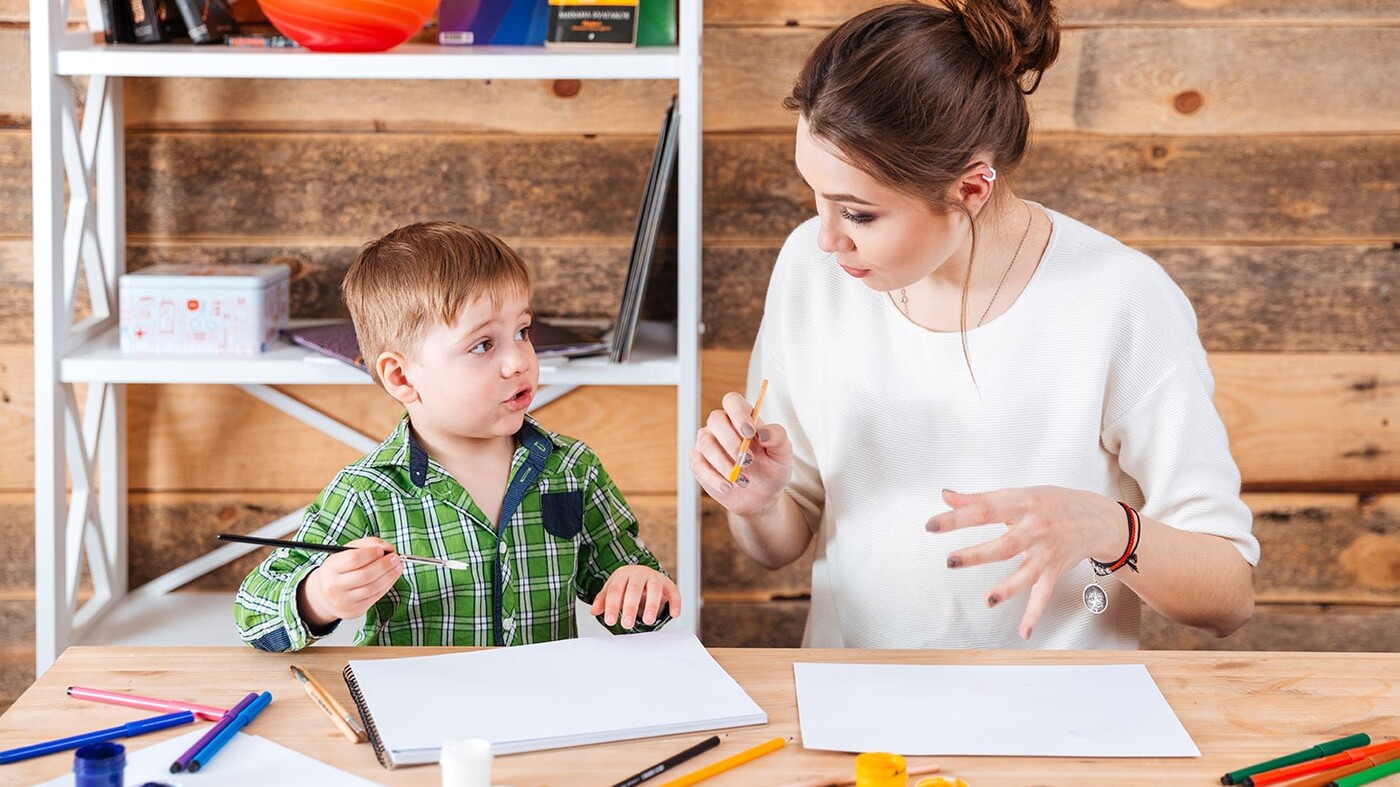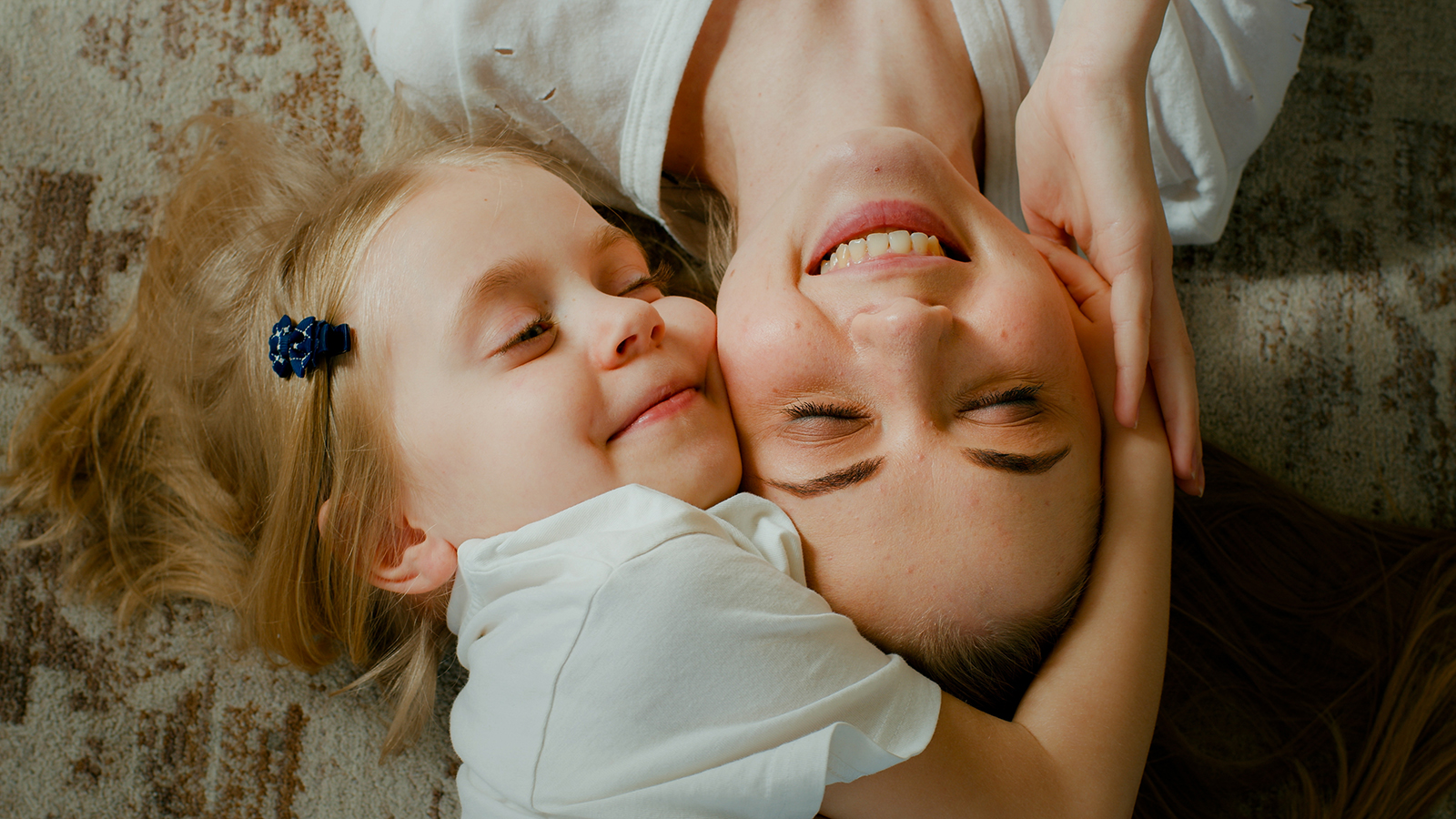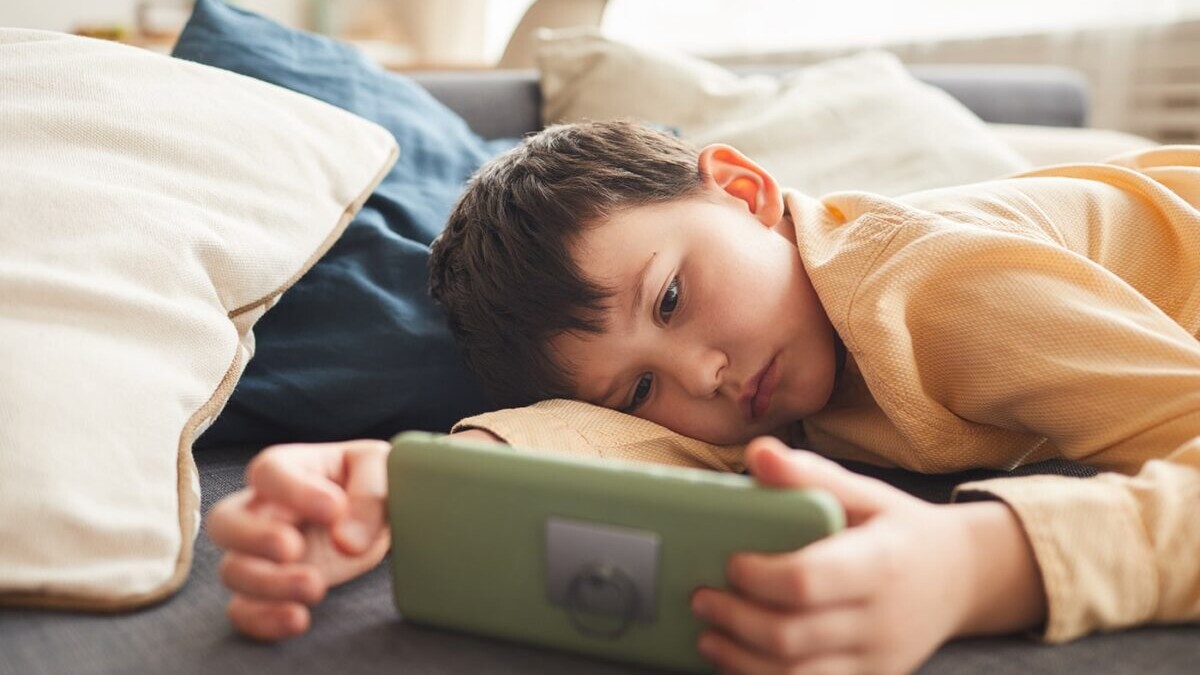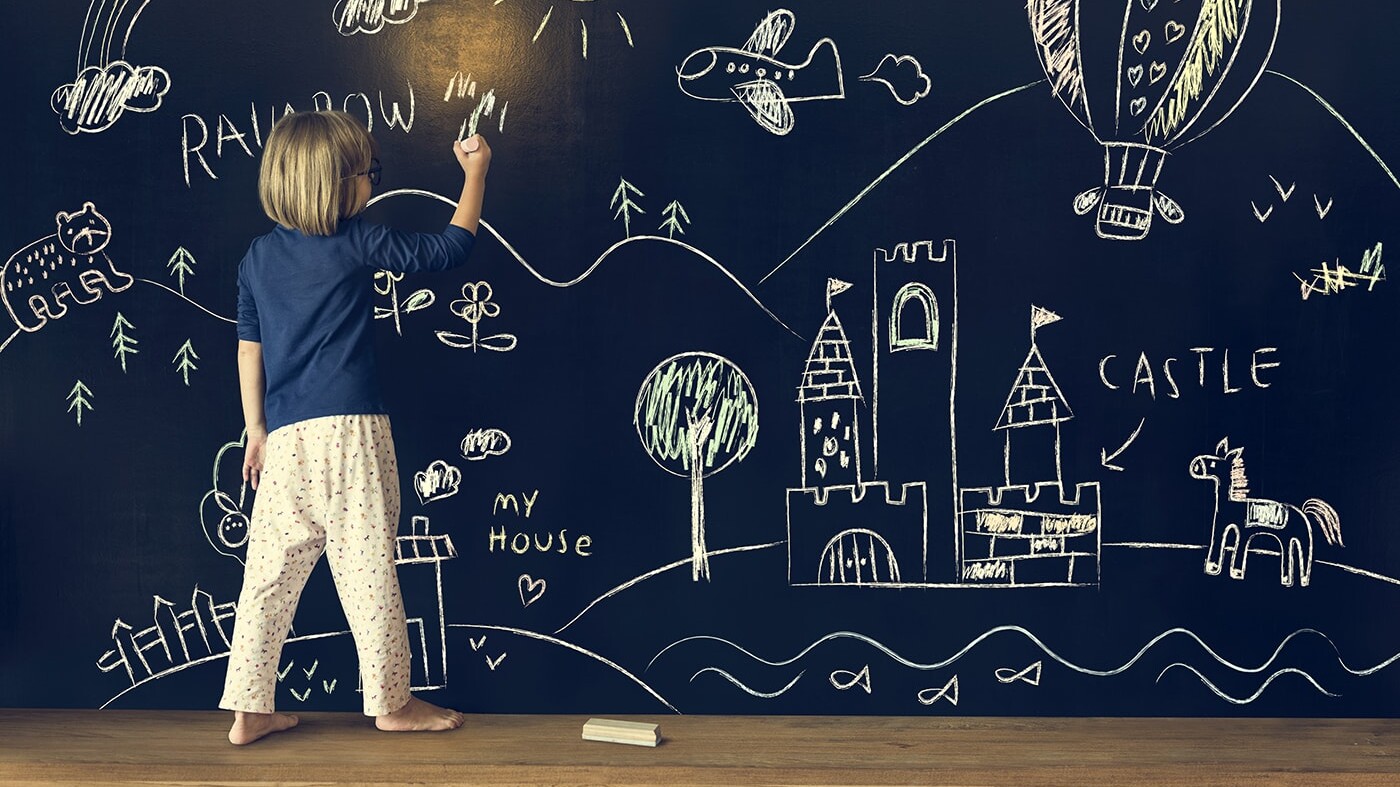When our children are anxious, worried, or sad, it is very often because they are picking up that their parent is sad, worried or anxious.
Here’s how this happens. You were once a baby that grew up in an environment where you either felt happy or you felt not happy, you felt safe or not safe, special or not special. You may have felt excited and relaxed or you may have felt some anxiety, fear, loneliness, sadness or anger.
The big question is this:
Were you able to speak about your feelings to your parents – the good ones as well as the not so good ones?
Most importantly, as a child what did you do with the uncomfortable feelings? Were you able to tell them how you felt on the inside? Were you able to tell them about the feelings that troubled you? Were you able to put a name to what you were feeling?
If the answer is ‘yes’ then you were truly blessed. And if today you are a parent, then your children will be blessed too, because you will most likely parent them in the way that you were parented and give them the safety to speak about their feelings.
How you were parented will plays such a huge role in the kind of parent you are.
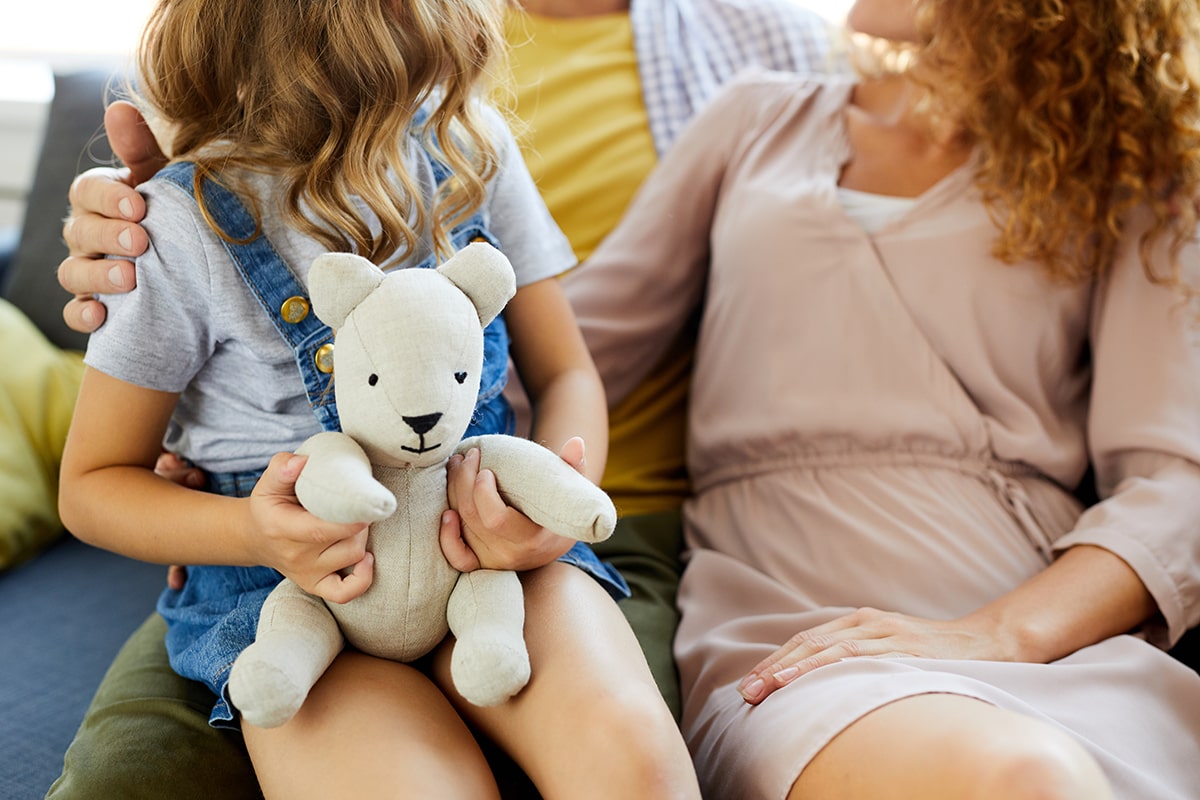
If the answer is ‘No, I was not able to express my feelings openly and safely’ then this can affect you as a parent today in two ways:
- On a physiological level – these feelings are still buried in your nervous system, affecting your physical and emotional health
- On an emotional level – these buried feelings can be triggered by your children and by others causing you to do and say things you regret later
Now, let’s move to the part of the story where you became an adult, fell in love, had a child and became a Mom or Dad.
Unless you have dealt with the feelings you had as a child, you are still carrying these feelings locked in your nervous system – you are still looking at life through the eyes of ‘the child in you.’ In other words, you may have become a parent who is hurting on the inside.
And now your inner hurt (which you may or may not even be aware of, or perhaps are avoiding) is passed on to the next generation. Now your beloved child begins to store negative feelings in his or her nervous system which can affect their learning, behavior and mood.
I know without a shadow of doubt that you would never want this to happen. But the reality is that it does happen for every one of us who have buried some childhood hurt. When we begin to heal our own inner hurt, this will transform not only our own lives, but the lives of our children.
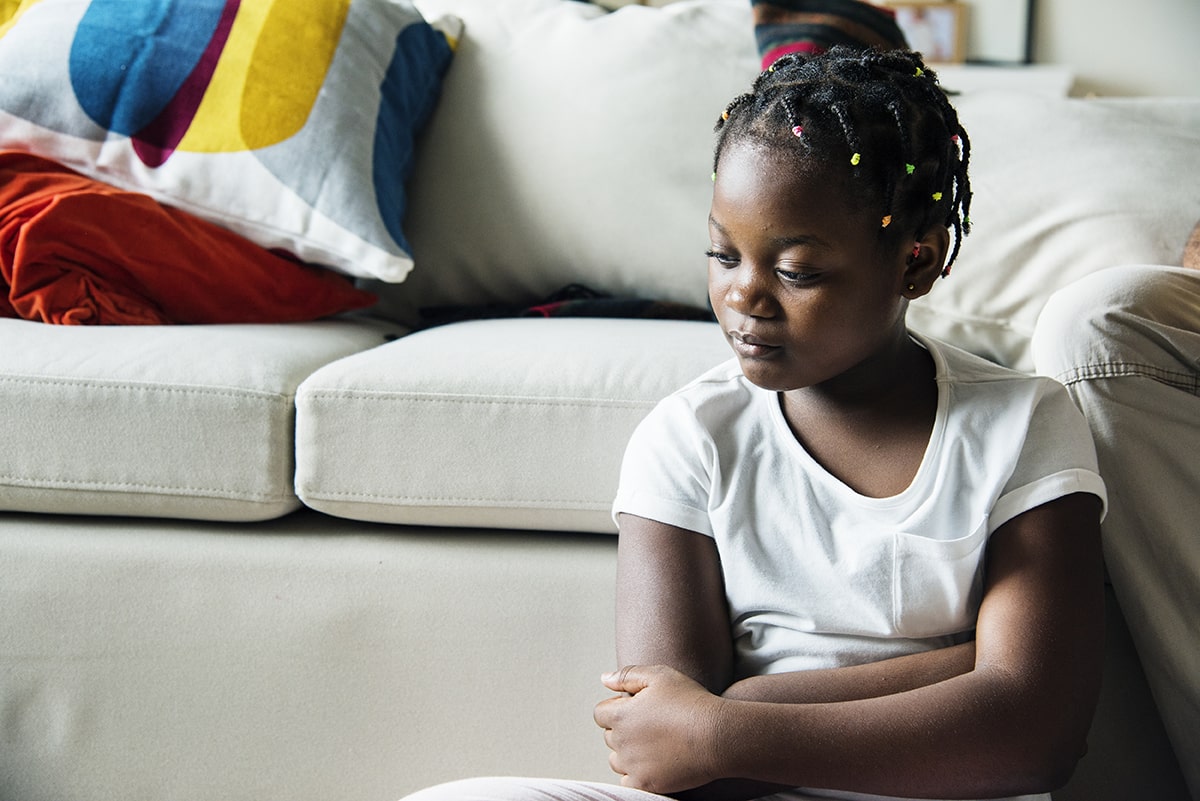
Here are 4 tell-tale signs that your child is hurting inside and is storing negative feelings in his or her nervous system:
- Your child is defiant, angry, has temper tantrums, easily triggered – this is the nervous system’s ‘fight’ response
- Your child is sad, perhaps depressed, withdrawn, uncommunicative – this is the ‘flight response’
- Your child is shut down and in their own space – this is known as the freeze response
- Your child is anxious a good deal of the time, has fears, is perfectionistic, can’t go with the flow, likes things done in a certain way
If you are seeing any of these tell-tale signs, please understand that this is message to you that some of your own ‘stuff’ may getting in the way of you being able to parent your child in the way that makes them feel good.
Most of us have some early wounds that impact how we see ourselves, how we put ourselves out there and how we parent our beloved children. As Moms and Dads, we need to know how to avoid handing down a generational program to our children that will hold them back from being the greatest version of themselves.
I know that it is a difficult thing to think about. But the reality is that if we want to help our children, we need to start by fixing the source of the problem – which is our own inner hurt.
To help your children overcome any learning, behavior or mood challenges, I would ask you to seriously consider looking into your own past hurts and heal yourself first. You have all heard so many times that on an airplane you must always put your own oxygen mask on before helping others with theirs. This is the same thing.
If you’d like to learn more about how you can help your children – of any age – feel good, behave positively, love life and be proud of who they are – then watch out for my FREE upcoming webinar: Healing Myself; Healing My Child: How to avoid Passing My Inner Hurt to My Children. If you want to receive information about this FREE webinar, be sure you are on my newsletter list by sending me an email with the subject: Send me an email.
Thank You. And I’d love to know what you think about this blog!
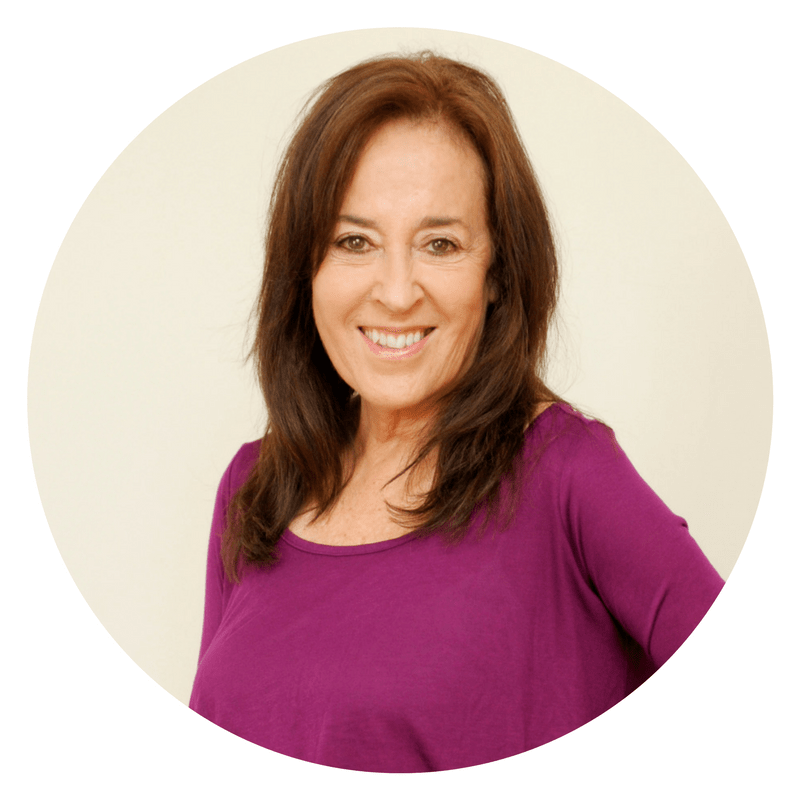
Dr. Sandy Gluckman is a parenting therapist for families that have children with learning, behavior and mood challenges. She uses an integrative approach, which she calls ‘spirit-body-brain medicine’ for treating children with Anxiety, ADHD, Defiance, Depression, Low Motivation and Low Self Esteem, and much more. Her practice is called Parenting That Heals. This blog is for informational purposes and not intended to take the place of a licensed healthcare provider. Contact Dr. Sandy Gluckman in Dallas (Frisco) Texas at 214-682-8980 or sandy@gluckmangroup.com. She is the author of the book: Parents,Take Charge: Healing learning, behavior and mood challenges without medication. A 3-Step Program.
Subscribe to my YouTube Channel and Facebook page where you will learn powerful parenting tools for healing your child.
You May Also Like...
4 Parenting Mistakes that Create Anxious Kids
We all want our kids to become their very best selves. We support, encourage and prod them so that…
Is Your Child’s Behavior with Social Media or Video Games a Sign of Addiction?
8 Ways to Prevent or Reverse Addiction Many parents are uncertain about whether their children are…
Screen Addiction Can Be Treated Successfully When You Treat the Underlying Root Causes
Part 1 of the screen addiction story Your child’s body and brain become overstimulated from too…
How a Parent Can Heal a Child’s ADHD
Parents whose children grapple with the symptoms that are labeled as ADHD, are, understandably,…
3 Steps to Manifest Your Wildest Dreams for your Child in the New Year
New Year is a time of great gratitude and excitement for me. Gratitude for the amazing things that…
How to Help a Highly Sensitive Child
Dear Wonderful Parent I hope this message finds you wrapped in a moment of peace amidst the storm…
Why Your Child is Unmotivated and What to Do About It
There seems to be a lot of children who have low motivation and little desire or drive to learn,…
Is Your Child a Canary in the Coal Mine?
I am so glad that you are reading this because it means that I have the opportunity to tell you…


